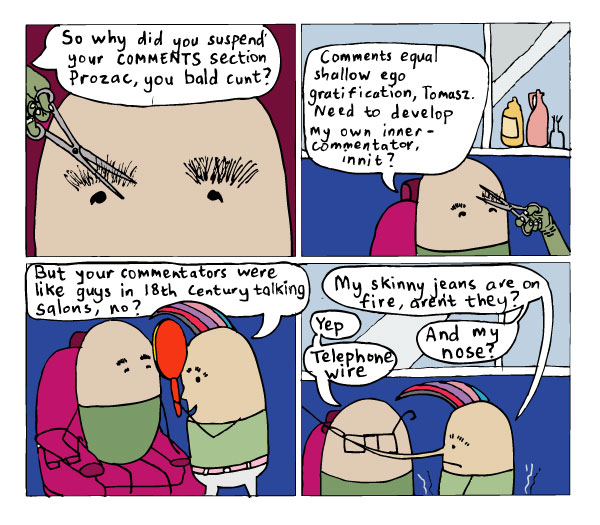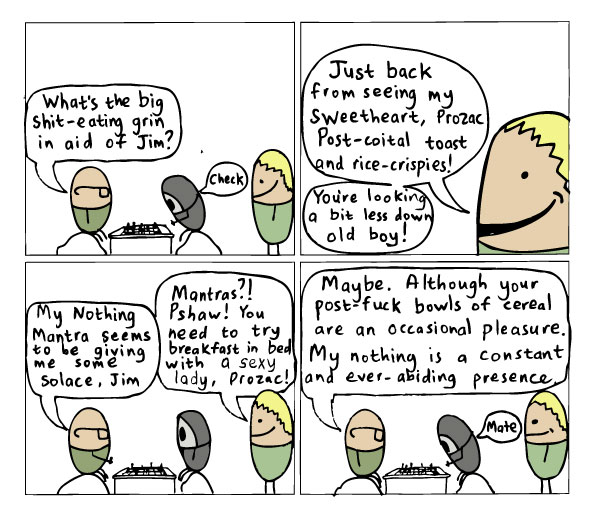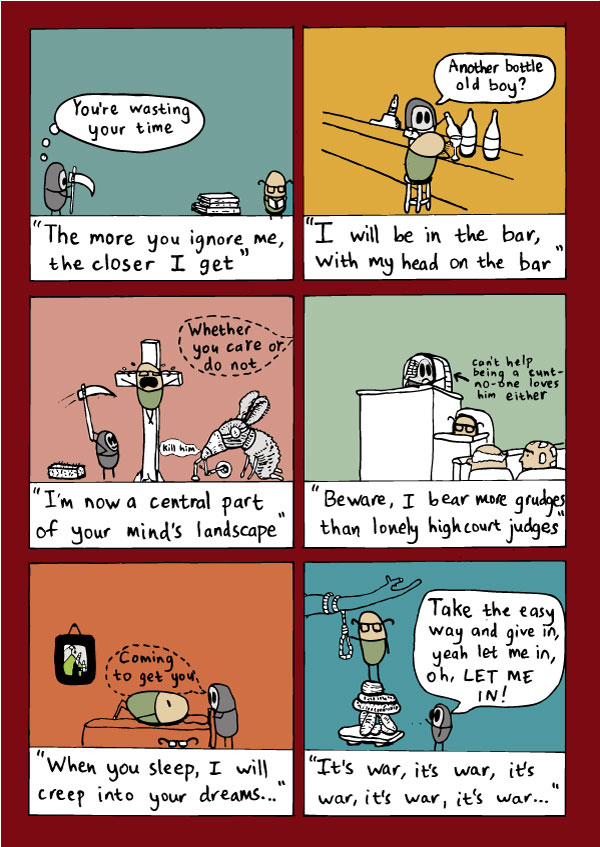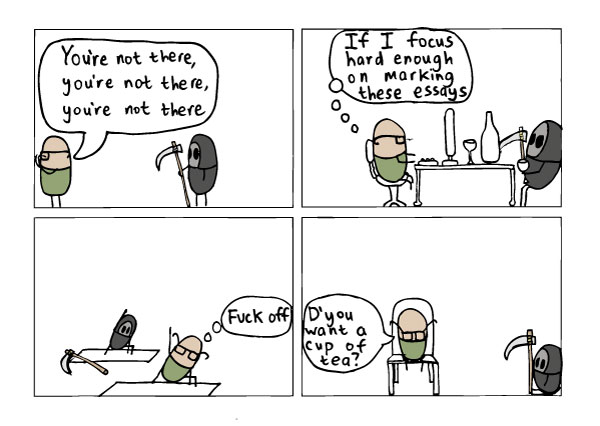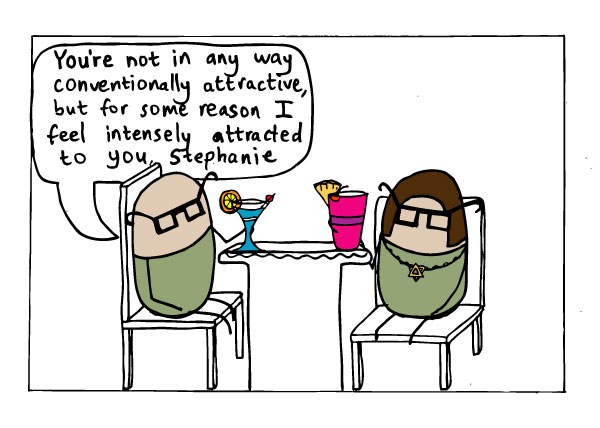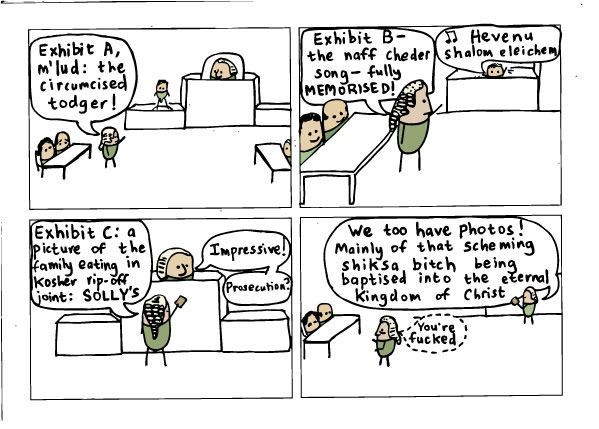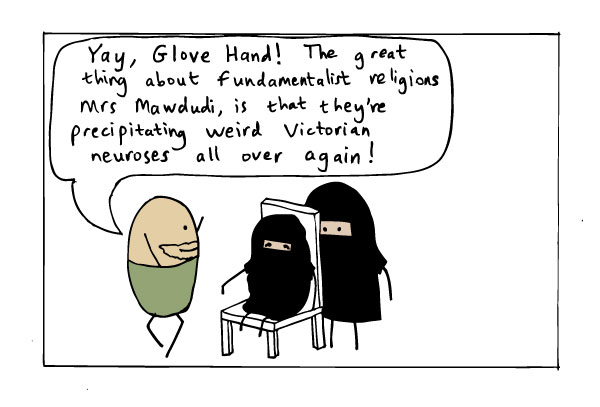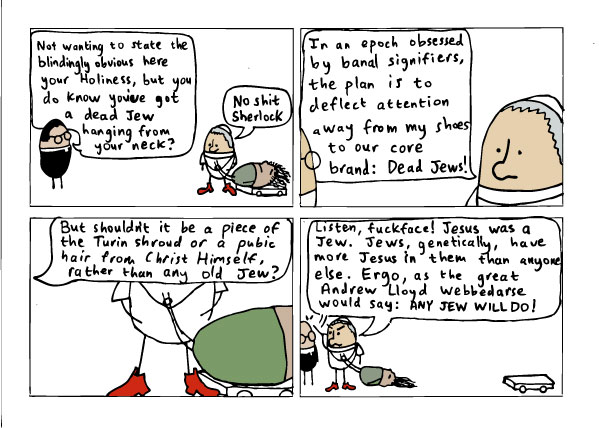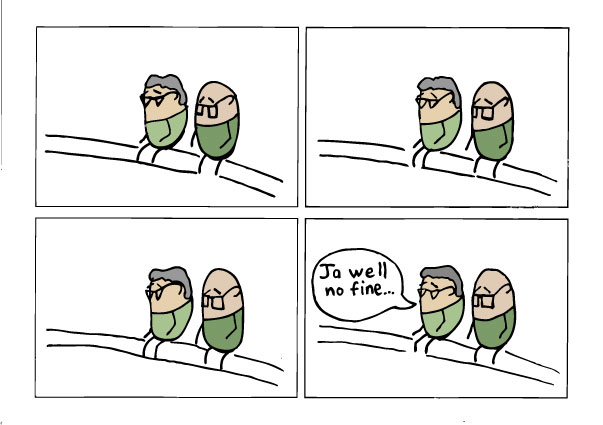
"Automatic thoughts, as the name implies, are those interpretations/ideas/thoughts that seem to come automatically to mind; they are our pop-up thoughts. They are the immediate, consciously available thoughts, require little or no effort and seem plausible. They are not arrived at through reflective reasoning.
In depression they are often self-evaluative and future directed. Automatic thoughts are not necessarily in clear/syntactic language and can be poorly formulated, using fragments of grammar. Also, it is common for them to occur in images or inner scenes, daydreams or fantasies (Gilbert, 1992; Hackman, 1997).
....
For example, what goes through a person's mind when their lover promises to phone at a specific time but does not phone as promised? For a moment just close your eyes and image such an event; you have a lover who you are expecting to phone you tonight. You are looking forward to the phone call. As the time goes by and the phone does not ring what goes through your mind?
In real life this type of event may lead us to fantasize about the possibility that the lover has lost interest, or does not care enough to remember, or is out with someone else....Sometimes we may not be fully aware of our automatic thoughts but experience only emotions. For example, when the telephone does not ring we may find ourselves becoming anxious, sad or irritated, but our awareness of our thinking may be hazy or poorly recognized.
Hence, the depressed person may need to train themselves to attend to their automatic thoughts so as to sharpen their focus and make them subject to more detailed analysis, communication and challenge. The client can be taught to say to themselves: 'Okay I am feeling sad or angry about this so how am I actually seeing it; what am I saying to myself?'
This is called thought catching."
(Paul Gilbert,
Counselling for Depression, p51)
